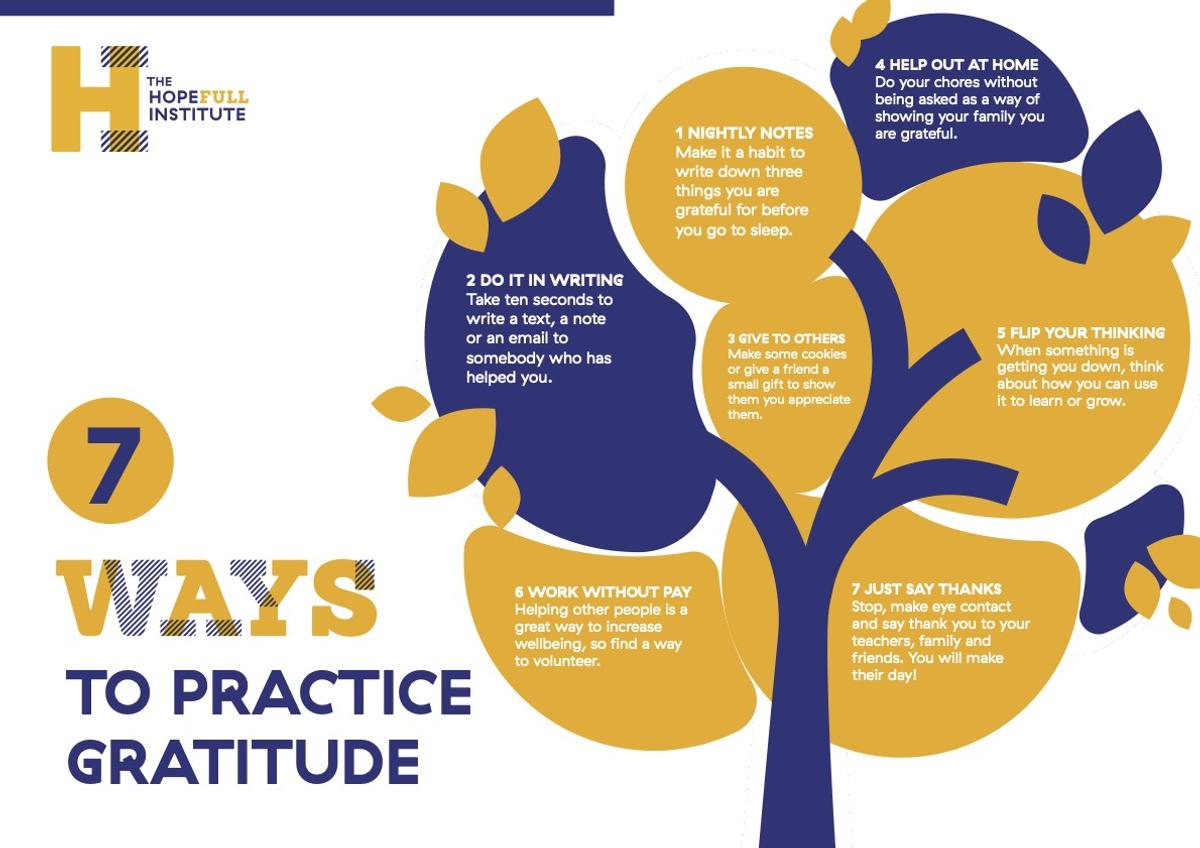COUNSELLING CONNECTIONS
News from college counsellors Br Roger Vallance FMS &
Mrs Marijke Keller

COUNSELLING CONNECTIONS
News from college counsellors Br Roger Vallance FMS &
Mrs Marijke Keller
Influenza season 2024
Saints’ families, we are entering cold and flu season. Flu can occur throughout the year but is most common in autumn and winter. In most flu seasons there is more than one strain circulating.
Aboriginal and Torres Strait Islander people are at higher risk of getting very sick and going to hospital from influenza.
To stop its spread, there are effective measures that students and staff can take:
Annual vaccination is the most important measure to prevent influenza and its complications. It is recommended for all people aged 6 months and over. Influenza vaccines are government funded this year.
You need a vaccination annually because the protection provided by the flu shot decreases after a few months. Also, each year the strains of the influenza virus can change. Those which are predicted to affect Australians are reviewed and a new seasonal flu shot is developed, which protects against the types of flu that are expected to be the most common that season.
You should get vaccinated each year from April onwards to be protected before the influenza season. The peak influenza season is usually June to September in most parts of Australia.
Please note Influenza vaccines are not compulsory for students or staff, but are recommended measures to prevent it spreading. Combined Covid and influenza vaccines are also available now.
Vaccination appointments can be booked at various health services including:
Sacha Donaldson RN
DId you know?
Originally a commemoration of the landing of Australian and New Zealand forces at Gallipoli in 1915, Anzac Day is a public expression of gratitude and reflection that resonates to the present day.


Benefits of gratitude and how to practise it
While it’s not always easy, being grateful for the positives in life can have a profound impact on your mood, outlook and overall wellbeing.
Gratitude involves showing appreciation for the things in life that are meaningful or valuable to you. Taking a moment to notice and acknowledge the things you’re grateful for each day can brighten your outlook, boost your mood and help you feel more positive in the face of challenges.
Whatever your circumstances in life, you may find that consistently showing gratitude can be surprisingly difficult. Many of us get caught up in a negativity bias, where we linger on bad news and unpleasant experiences, yet allow moments of positivity to fade into the background.
Fortunately, gratitude is like a muscle that you can build. With the right exercises and practice, you can find at least something small to appreciate in even the bleakest day. The idea of cultivating gratitude might sound cheesy, but research has shown that it can have very real benefits. With these tips, you can use gratitude to uplift your mood, find respite from negativity, foster stronger relationships and even change the way you view yourself.


Benefits of practising gratitude
A little gratitude can do wonders for your mood. When you practise gratitude, you shift your thoughts away from negative emotions and uncomfortable sensations. Instead, you begin to focus on good things that you may have overlooked.
Rather than focusing on the misfortune of having a flat tyre, for example, you consider how your job has made it possible to pay for repairs. Or you shift your focus to how fortunate you are to have close friends who are willing to drive you home.
This kind of thinking leads to a release of serotonin and dopamine, chemicals in the brain that are associated with happiness and pleasure. Acknowledging gratitude also decreases stress hormones. The short-term result is a reduction in anxiety and an improvement in mood. In the long-term, regularly practising gratitude may also lead to lasting changes in your brain, priming you to be more grateful.
Approaching life with a more positive mindset can do more than just improve your mood. It can have cascading benefits in other areas of your life, such as: better sleep, improved focus, higher self-esteem and increased patience.


Social benefits
Gratitude has the potential to enhance the quality of your relationships. Expressing your appreciation for a friend or family member shows them that you care and opens the door for more positive interactions in the future.
Gratitude can have social benefits that extend beyond your relationships with loved ones. Research shows that being on the receiving end of gratitude can lead even acquaintances to be more helpful and generous. Try telling co-workers or neighbours how much you appreciate them. You could create a chain reaction of prosocial behaviour that enhances your workplace or community.
Physical health benefits
Gratitude can also come with plenty of physical benefits as well. For example, as your gratefulness reduces your stress and brings you closer to loved ones, you may see a decrease in your blood pressure and levels of inflammation. This can give way to better overall cardiovascular health.
Research also shows that grateful people are more likely to engage in healthy behaviours, such as exercising regularly and following a healthy diet. This may be because they’re able to reframe healthy lifestyle choices as opportunities rather than obstacles.
Obstacles to feeling gratitude
For some people, gratitude seems to come naturally. You might already have a grateful disposition, which leads you to look for and cherish the good in life. On the other hand, certain personality traits and mood disorders can act as barriers to being able to acknowledge and express gratitude.
Some factors that can fuel your negativity bias are: envy, materialism, cynicism, narcissism, stress and depression.
Tips on cultivating gratitude
Cultivating gratitude isn’t a complicated endeavour, but it does require effort and a commitment to change. The following exercises can help you take on a grateful outlook, especially if you’re dealing with the roadblocks such as depression, stress or envy.


While these gratitude exercises can give your mood and outlook a welcome boost, it can take time for them to affect your mental health and overall wellbeing. Be patient and continue practising gratitude. Turn the exercises into little rituals. In time, you may notice your stress levels drop and relationships strengthen. Then, you’ll have even more reasons to be grateful.


Sacha Donaldson RN sdonaldson@cns.catholic.edu.au 4052 9112
Ms Marijke Keller mkeller@cns.catholic.edu.au 07 4052 9136
Br Roger brroger@cns.catholic.edu.au 07 4052 9135